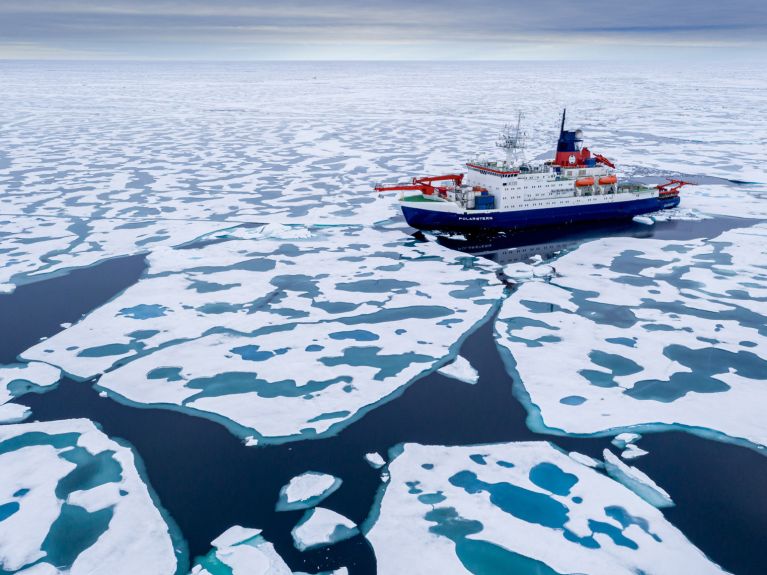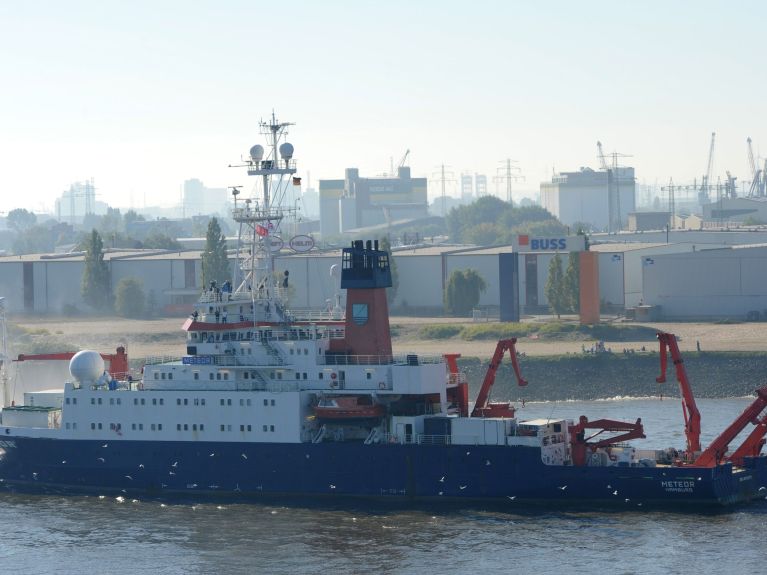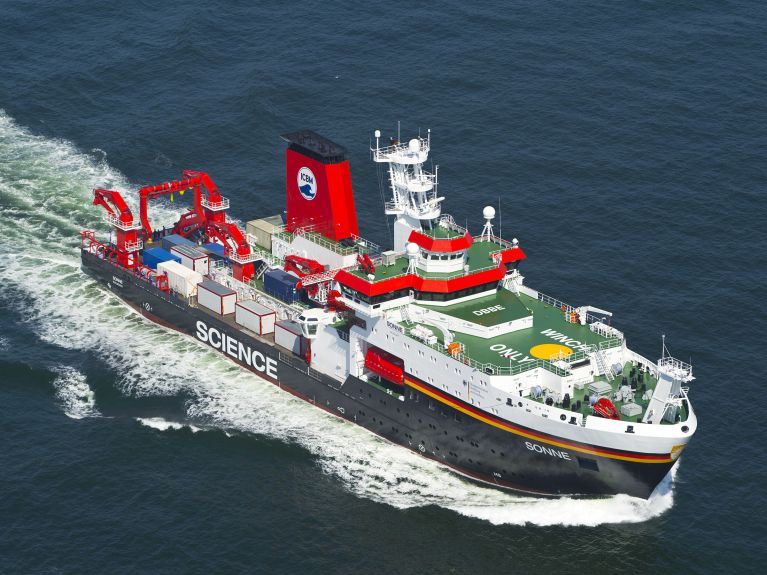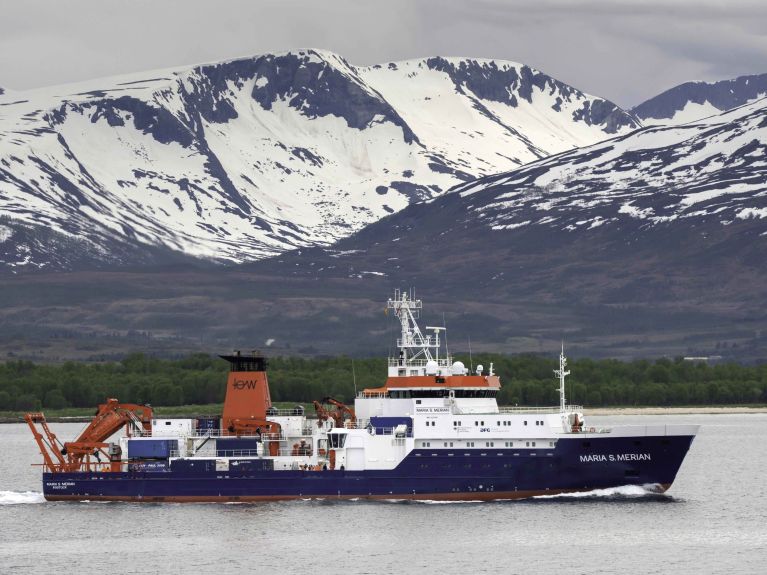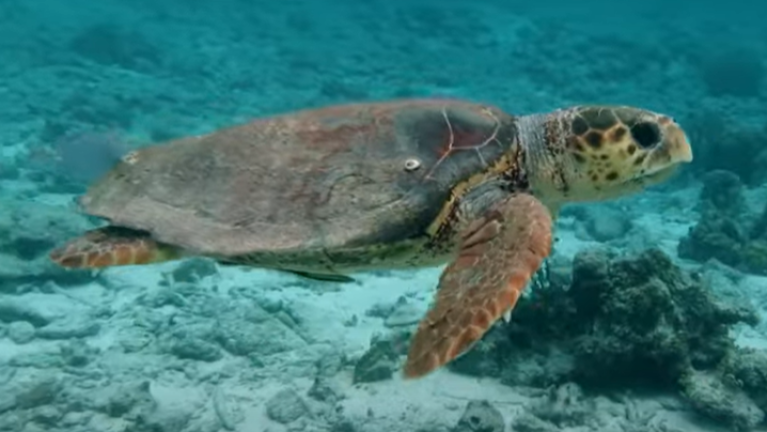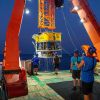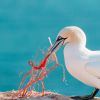German research takes to the seas around the world
Germany supports marine research worldwide – with research vessels, scientific cooperation and funding for individual projects.
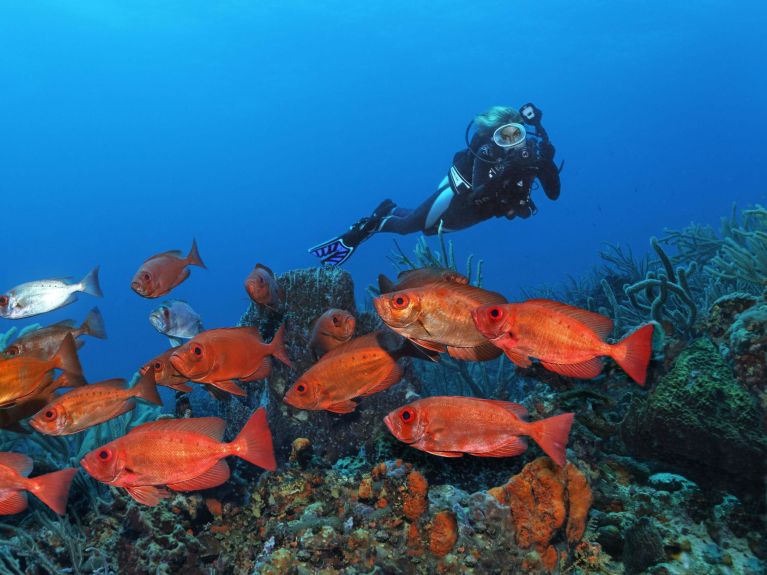
German research vessels at sea around the world
Germany supports international marine research with seven specialised research vessels[FA1] that are made available by the Federal Ministry of Education and Research and individualfederal states. Research institutions can apply for “ship time” on these vessels, enabling them to use the vessels either wholly or in part.
The ships were designed especially for marine research. They are equipped for research work in the fields of biology, geology, geophysics, glaciology, geochemistry, oceanography and meteorology.
Dieses YouTube-Video kann in einem neuen Tab abgespielt werden
YouTube öffnenThird party content
We use YouTube to embed content that may collect data about your activity. Please review the details and accept the service to see this content.
Open consent formThe CEMarin centre for marine research in Colombia
Germany also supports research and institutions in other countries. Such as the Center of Excellence in Marine Sciences (CEMarin) in Bogotá. One of the world’s leading research institutes, it was founded in 2010 by five Colombian universities and Germany’s Justus Liebig University Giessen. CEMarin is one of five centres of excellence worldwide that are supported by the DAAD with funds from the Federal Foreign Office. The DAAD also supported CEMarin’s establishment.
Dieses YouTube-Video kann in einem neuen Tab abgespielt werden
YouTube öffnenThird party content
We use YouTube to embed content that may collect data about your activity. Please review the details and accept the service to see this content.
Open consent formCEMarin’s cooperation partners now also include the Leibniz Centre for Tropical Marine Research (ZMT) in Bremen. The research conducted by scientists from the CEMarin consortium focuses primarily on the sustainable use of marine ecosystems in Latin America. One example of such projects is “Econavipesca del Pacífico” in the coastal town of Guapi in the province of Cauca. Scientists there have teamed up with local fishermen to develop methods of fishing that are more sustainable but also more profitable. They involve combining traditional methods of fishing with sustainable aquaculture in order to ensure the best possible protection of ecosystems.
